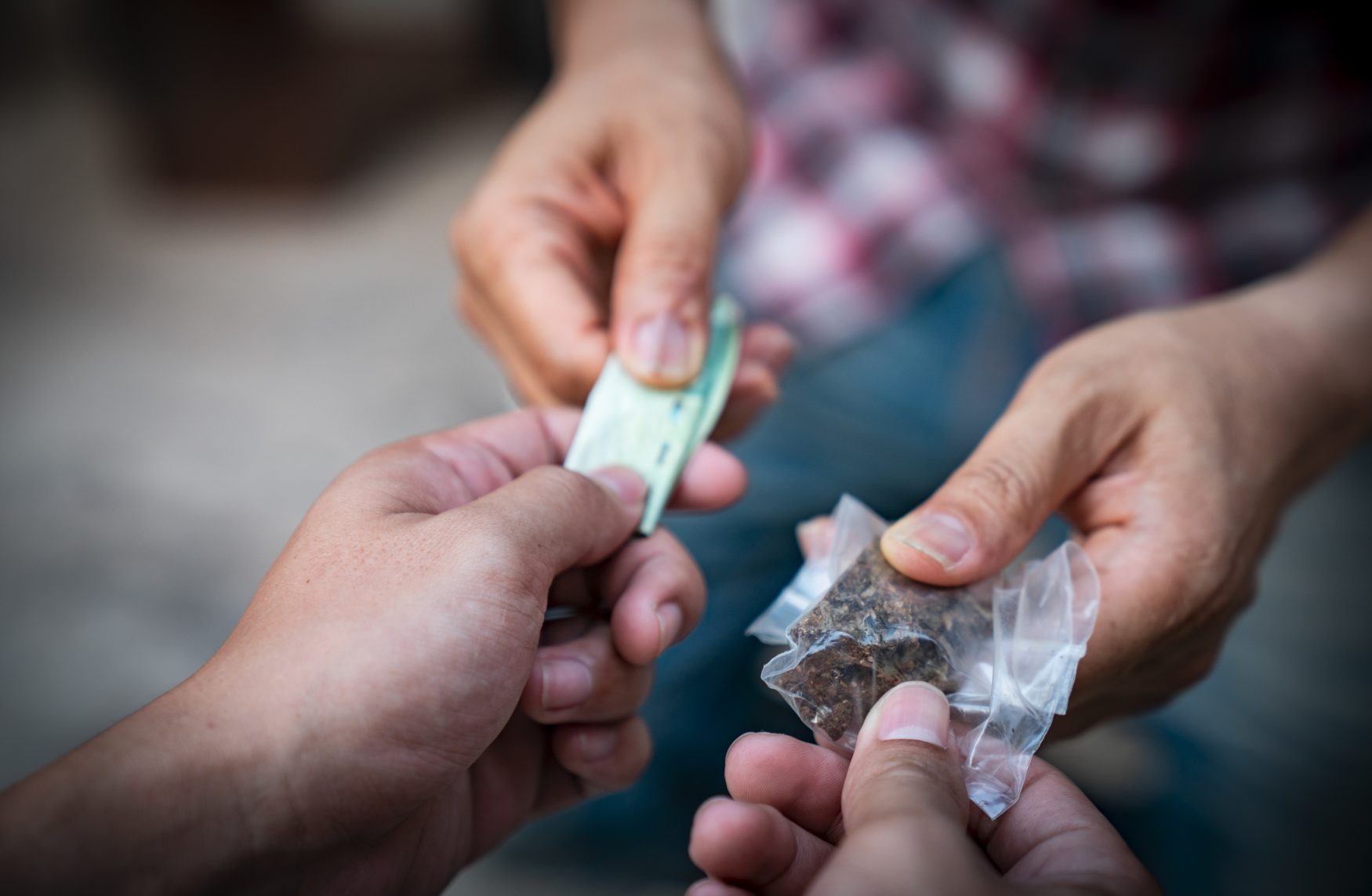
Activism Against the Drug War
How Activism Against the Drug War is Changing the U.S.
The Federal government has waged a losing battle against narcotics for almost one hundred years.
In the process of this “war” the U.S. government has spent countless billions of dollars, arrested hundreds of thousands of citizens for victimless crimes and turned other wise law abiding citizens into criminals.
The cost of all of this has drastically increased activism against the drug war, from a wide array of citizens and even politicians.
Activism against the Federal drug war had its first major victory in 1996 with the passing of California’s prop 215 legalizing medical marijuana.
Despite staunch opposition from conservative groups, California voters allowed doctors to prescribe marijuana to patients and allowed dispensaries to sell the drug to patients.
Ignoring the 9th and 10th Amendments to the constitution the Federal government vowed to enforce their drug statutes and periodically raided medical marijuana dispensaries.
Marijuana advocates, lawyers, state officials and voters banned together in activism against the drug war the Federal government had waged.
Maybe in a sign of things to come, the Federal government has even relented in the face of activism against their drug war and common sense.
Government Knows Drug War is Failing
Attorney General Eric Holder announced in February of 2009 that the Drug Enforcement Agency would no longer be raiding medical marijuana dispensaries in California.
Economic Needs Spurs Activism
With the recent economic crisis spilling out of the housing market, banks and other private corporations and profoundly effecting state governments, activism against the drug war has a new aspect; economics.
On a basic economic level drugs are like any other commodity, however, unlike agricultural products, oil or minerals drugs can’t be taxed if they are illegal.
Once medical marijuana was legalized in California the state could collect sales tax on the $200 million in sales every year.
These numbers are vague at best; many dispensary owners refuse to pay sales tax or keep records for fear of federal persecution.
California has been hit by the economic crisis especially hard. With one of the nations highest foreclosure rates, record unemployment and lagging tax revenue the state is facing a budget deficit that threatens to bankrupt the state.
Inspired by economic need instead of moral or legal activism against the drug war a state senator has introduced a measure to legalize the drug in order to reap the tax windfall for the cash strapped state.
Marijuana is California’s largest cash crop with sales estimated around $14 billion a year.
In addition to the sales tax, the state could save $1 billion dollars a year by not arresting, prosecuting and incarcerating marijuana criminals.
Unfortunately, a large and powerful lobby in the state of California is the prison guards union.
Combined with privatized prisons and state law enforcement, this union has shot down less radical measures before to maintain job security. Drug arrests are easy and plentiful and help boost lagging statistics.
In California, like the rest of the country policy is decided by the few who have the most money to invest in politicians. Sometimes no amount of common sense or activism is enough to overturn the prevailing narrow-minded view of this vital issue.
While activism has helped to bring issues such as the violations of the Constitution, over crowding of our prisons and wasting limited resources to the forefront, we are still a long way from seeing common sense prevail.
Seeds of Change
There are signs that attitudes about the drug war are changing, however.
President Obama stated he supported medical marijuana during his presidential campaign and he seems to be putting that support into practice.
In addition to having the DEA stop focusing on California’s medical marijuana dispensaries, Obama has nominated Gil Kerlikowske to the Office of National Drug Control Policy.
Kerlikowske, who was Seattle’s police chief made marijuana arrests low priority while he was there.
Yet, we are still a long way from a sensible drug policy in this country.
While there have been some positive strides using activism against the drug war with marijuana, it is just one of many drugs that our government outlaws.
Picking and choosing what substances the populace can use is a violation of all of our rights and should not be allowed in a free society.
º

 My First Amazing Ayahuasca Experience
My First Amazing Ayahuasca Experience  Pine Needle Tea
Pine Needle Tea  The REAL Controllers of Humanity: The Papal Bloodlines
The REAL Controllers of Humanity: The Papal Bloodlines  Is it Global Warming or Cooling?
Is it Global Warming or Cooling?  Gun Rights and Obama Examined
Gun Rights and Obama Examined